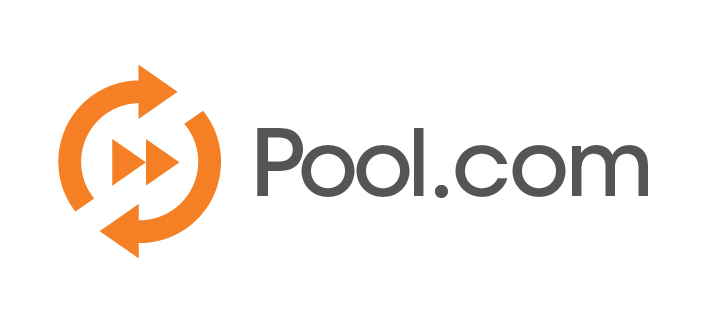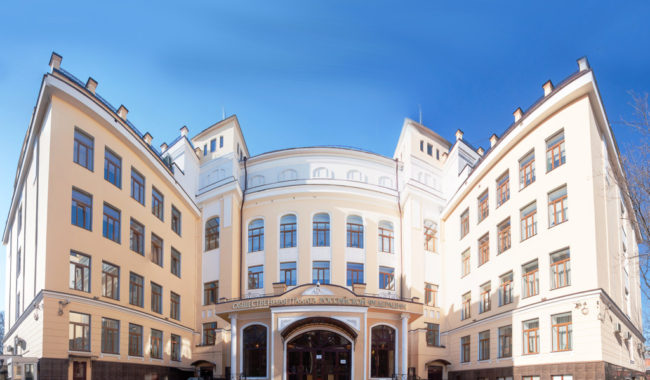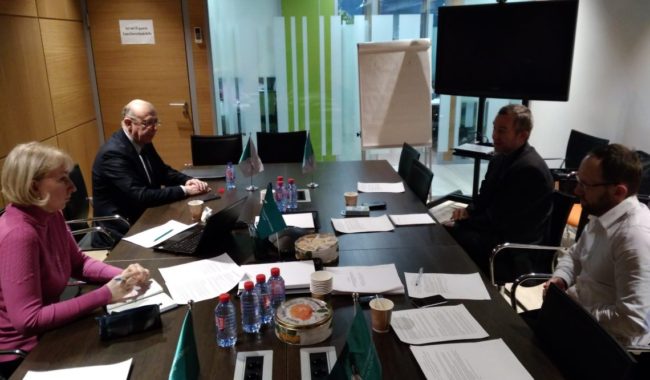By PETER LEKAREV
With seemingly unanimous support from the State Duma deputies regardless of their political affiliation the “the blacklist bill” has passed last month with flying colors. Internet companies disagree and they have support from the government – Minister of Communications and Mass Media Nikolai Nikiforov highlighted some of the problem spots and promised that his agency will work out proposals that would guarantee the law does what it’s supposed to: protect from illegal media, not hamper the natural flow of information through the world wide web.
The black lists may be joined by white lists. Elena Mizulina, chairwoman of the Family and Woman Matters Committee of the State Duma, one of the authors of the “black list” bill, is now mulling over its younger brother. Or older brother – actually, if was the idea of ‘white lists’ that was supposed to become a law – a registry of approved websites that contain only ‘safe’ information. The white list has been put on the backburner, but not forgotten. After all, there are websites that host legal information that still can be harmful to children.
So if a child absolutely has to use the internet unsupervised, their exposure can be limited to the ‘safe zone’ – an array of websites that definitely have nothing that would harm their psyche. All schools will likely have internet access limited to the ‘white zone’. The Russian NGO League of Safe Internet is working on populating this registry – and so far there’s about a million websites added to the database. Well, while some NGOs stand by this idea, independent experts are less thrilled.
If it’s children that we want to protect, then we have the .ДЕТИ domain name that everyone seems to forget about. It was quite hyped a few months ago and at this point of time the infrastructure is being laid out. It will work exactly like the ‘white list’ supposed to – as a sort of intranet with no external access and information that has been screened and found to be appropriate for children. Some internet service providers are ahead of the curve and offer their own ‘white lists’ – parents can sign up for a ‘children internet’ option that would cut off their home computer from the vast and potentially dirty part of the internet, leaving only trusted websites for the child to explore.
Besides, the ‘white list’ idea also entails limited internet access from public places. On one hand, it’s understandable – children can pop in to internet cafes and surf the web unrestricted. But on the other hand, it would basically create a nation-wide intranet and a lot of people will not appreciate it – thus some experts suggest a compromise solution of giving internet access to citizens after providing a proof of age. But this is just an idea, not even a bill yet; besides, much will depend on the final version of the law on black-lists and its implementation – and that won’t happen until November.
Meanwhile, it appears that some websites are being closed down. Initially, only websites registered as mass media were prohibited from advertising alcohol – but now, it’s every website. That includes news websites, blogs, social networks and search engines. And also it includes websites of the companies producing alcoholic drinks. So in other words, a company hosting information about alcoholic drinks it produces may very well be found guilty of breaking the new law “On Advertisement”.



